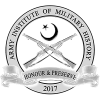Who we are
Raising of AIMH
Pakistan’s military history stretches far back into antiquity, to our sturdy ancestors along the mighty Indus, who tilled the land and defended themselves against multiple waves of invaders. Our soldiers today are descended from those very same warriors of antiquity, while structurally the Pakistan Army is directly descended from the grand old regiments of the old British Indian Army, some of which predate Pakistan by nearly two hundred years. It has a rich and proud history extending both sides of Partition (1947) – always defending Pakistan.
Taken together, Pakistan’s military history and the overlapping history of Pakistan Army form a substantial part of our nation’s history. Add to this the need for our officers and men to be well-versed in general military history – a matter very close to their hearts – and one can see the case for a centre of excellence to handle these subjects taken together.
The then COAS General Qamar Javed Bajwa is credited with approving a proposal to establish the Army Institute of Military History on 2nd June 2017 the day we were officially born. It has been set up as a semi-autonomous research body with a broad outreach both within the civilian and military domains, and is steered by a designated governing body, the Army History Board (AHB).
Located in Rawalpindi, the institute is mandated to archive, record, research, teach and promote military history, along with allied subjects such as physical history (in all its dimensions), battle honours, regimental lineages, customs of the service, matters of dress and accoutrements, and so on.
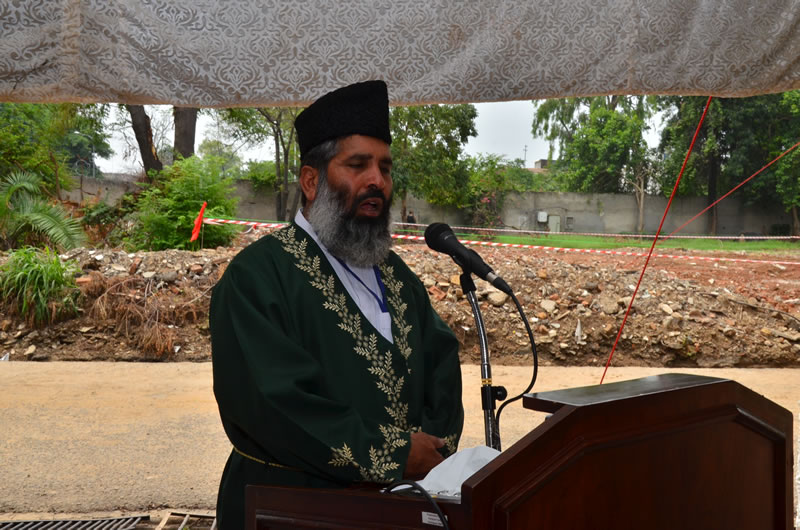
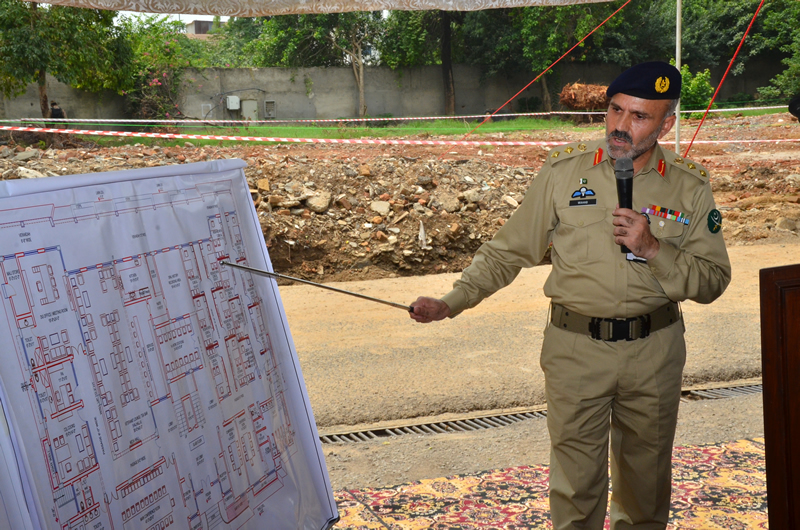
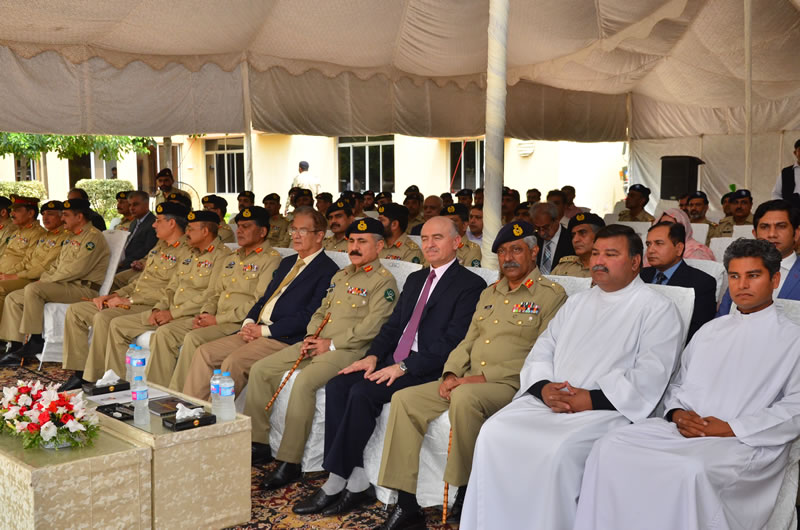
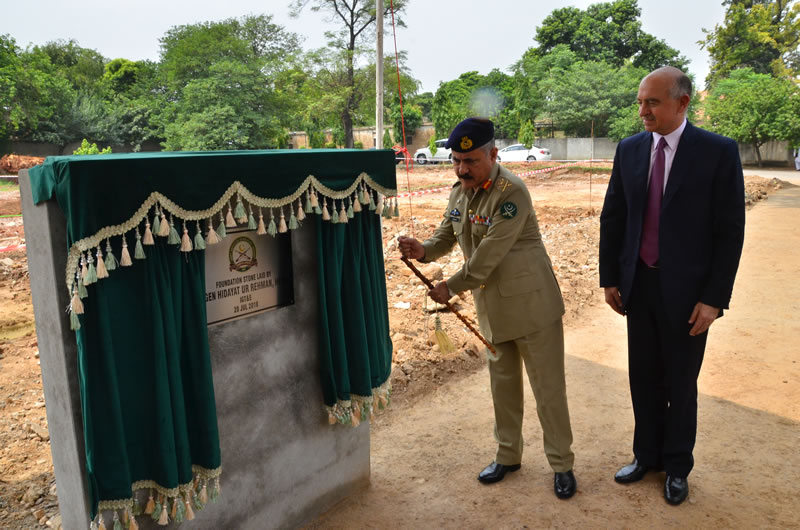
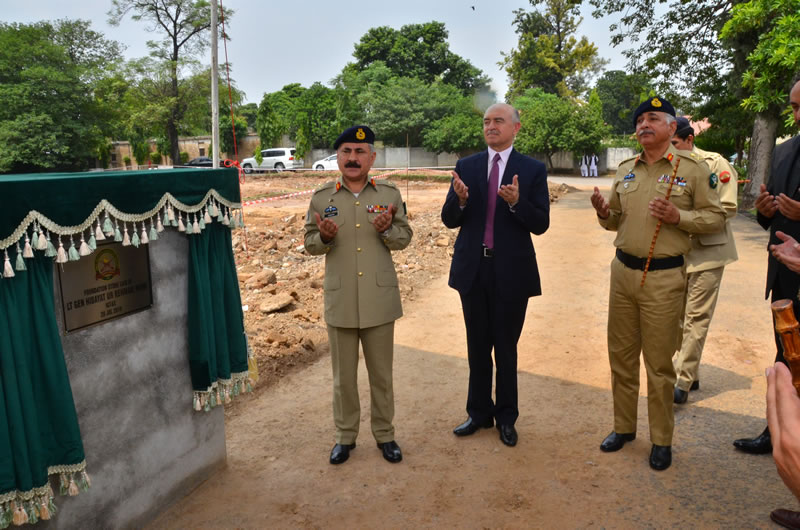
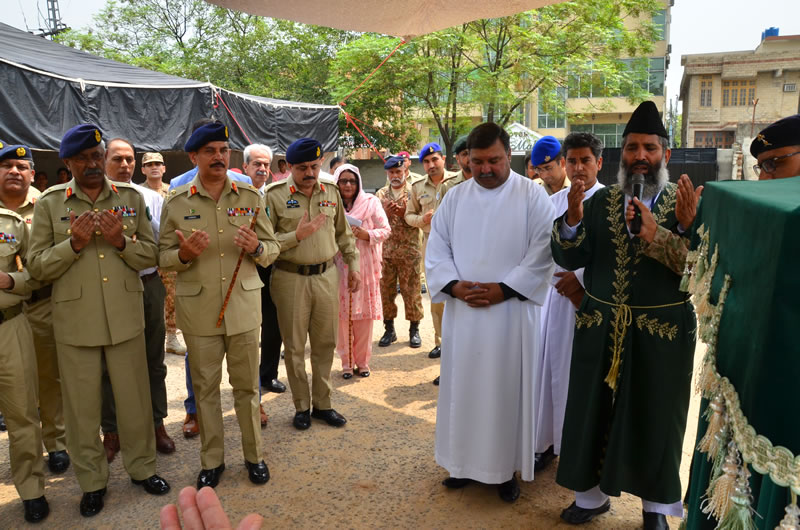
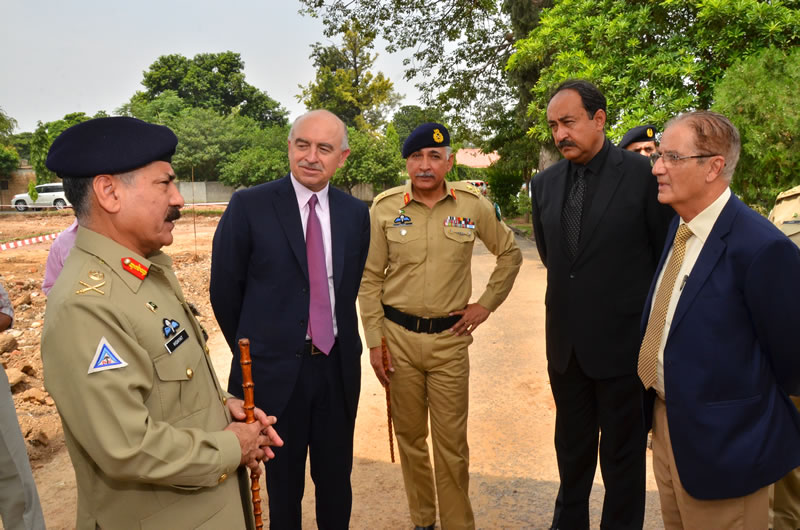
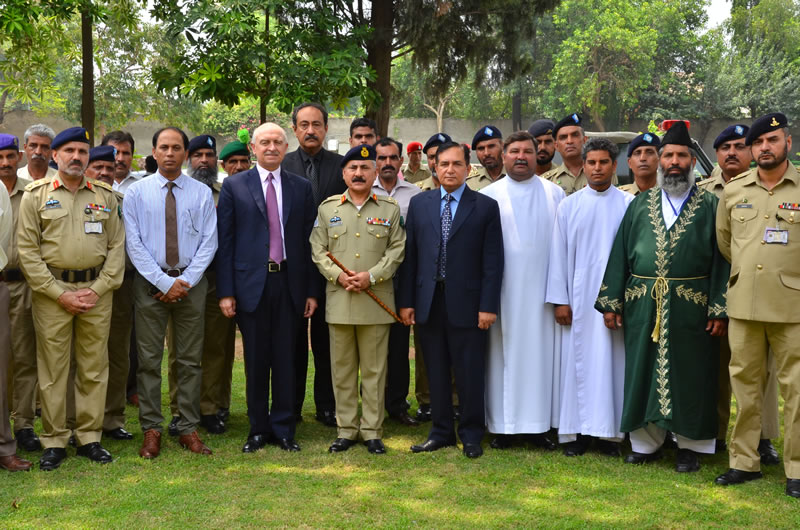
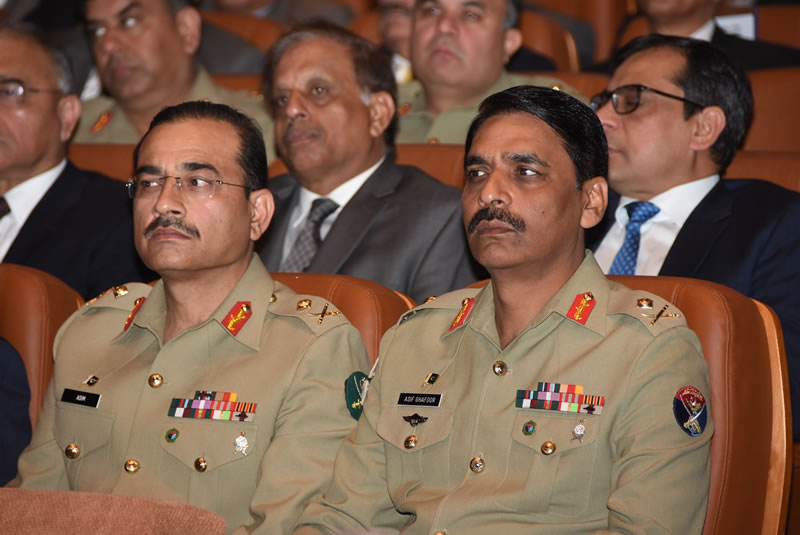
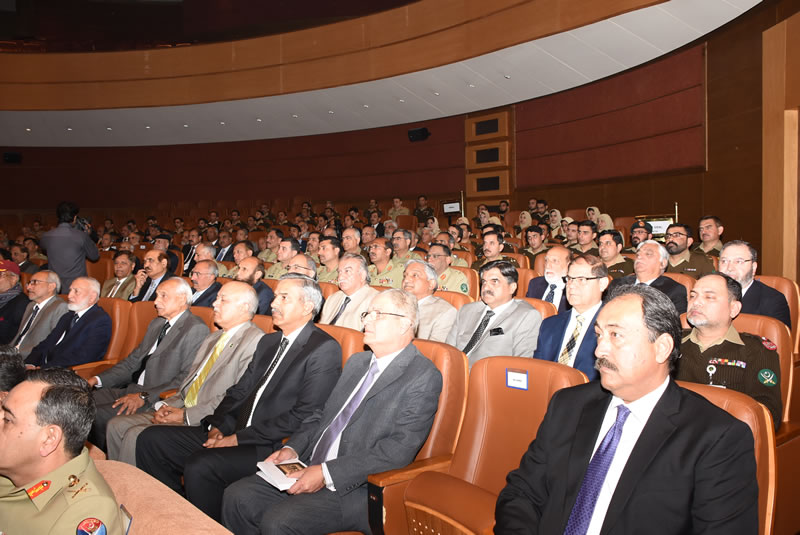
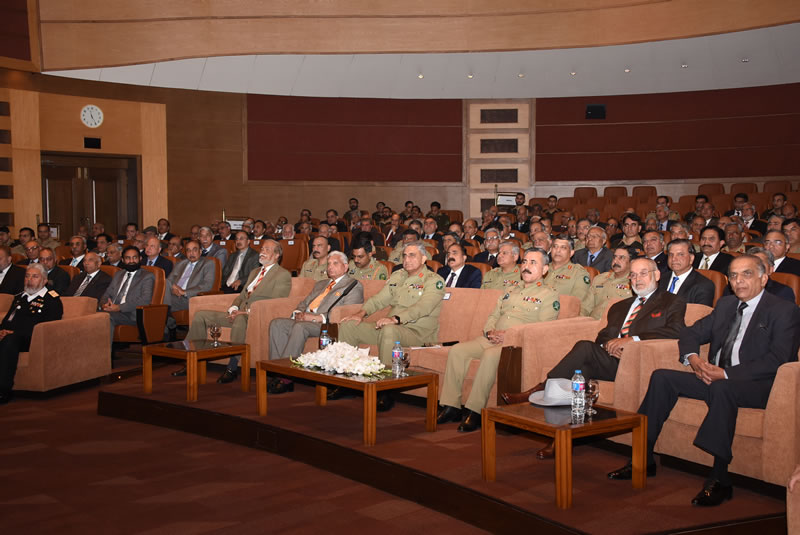
The institute also serves as a forum for veterans, academia, subject experts and concerned civil society members to gather and air their learned views on subjects of interest to the Army. AIMH also encompasses outreach to academia and students.
With a Military History Wing, Composite Wing and Special Studies Wing, the institute is emerging as a centre for both historical and other professional matters; a melting pot for serving and retired officers, and civilians, to meet and exchange views. Our forte remains military history, with research directors assigned to regularly visit the Army’s schools of instruction, and the nation’s universities and colleges, as visiting faculty and guest speakers. Military history buffs will also find themselves welcome in our lounges. The Chief of Army Staff formally inaugurated AIMH on 28 Jul 2021.
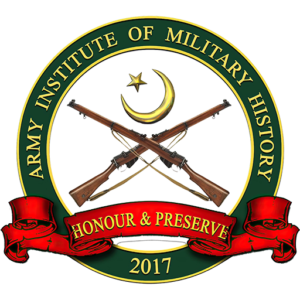
Mission
Centre of excellence for the study of Military History
Preserve and promote the military history of Pakistan and the history of Pakistan Army, while acting as centre of excellence for the study of military history, and provide a forum for open source intellectual input to the Pakistan Army, through two-way interaction with academia and civil society.
Ensuring Excellence
Academic Division
The Academic Division consists the following
- Military History Wing with six directors. They deal with hardcore Military History functions.
- Physical History Wing (PHW) has been divided into two sections i.e. Composite Section (CS) and Physical History Section (PHS), each headed by a director. CS carries out research on regimental affairs, dresses & accouterments, overseas outreach, and insignias. Whereas PHS deals with physical history preservation including battlefields, war graves, historical routes, fortifications, and army staff rides/ battlefield tours.
- Special Studies Wing Comprising of three directors, the wing looks after various special studies assigned, like WoT, leadership, etc., and publications, transcription, and translation programs, academia engagement, interface with think tanks, and other miscellaneous matters.
- All directors are assisted by a dedicated/shared assistant, a senior research fellow, and a cartographer. Each one has a dedicated/ shared research assistant. The social media facet of the institution is in a nascent stage and will grow soon.
What We Do
Roles and Tasks
- Gathering military historical data from available source – official public, private, written, oral, audio, video, physical, local and foreign.
- Recording, preserving and archiving military history.
- Research work on military history.
- Writing military history:-
- By era, war, sector, arm and service.
- Famous battles and small unit actions.
- Inter-, pre-war and independent operations such as Dir-Bajaur Operation 1960-62, Rann of Kutch 1965.
- War on Terror.
- Actions in aid of the civil power and nation-building.
- Peace-keeping and overseas assignments.
- Leadership case studies.
- Teaching military history in the Army’s schools of instruction and popularising it in the field army, under Military History Education Programme (MHEP).
- Promoting Pakistan’s military history within civil society by interaction with academic institutions and other civil society bodies and individuals.
- Suggesting doctrine formulation, training and education of command, leadership and management in the Army.
- Preserving and promoting Pakistan’s physical military history.
- Conducting staff rides and battlefield tours, including both pre- and post-Partition battles, both for the Army and for local and foreign visitors.
- Supporting the Army by conducting research-based analytical studies into subjects that require a military historical context.
- Act as a gateway for open-source intellectual input to the Army, by two-way interaction with civil society. This includes a host of intellectual activities such as discourse with experts and organisations, focused group discussions, and others.
- Professional interaction with veterans – a goldmine of knowledge, experience and wisdom.
- Affiliations with academic institutions and interaction with academia.
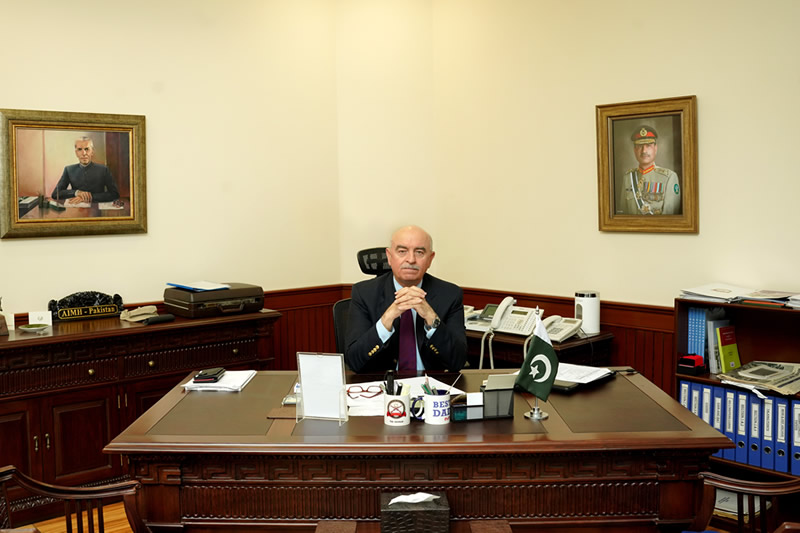
Message
The Director General
After thirty seven years’ service with Pakistan Army, I was privileged to be entrusted with establishing the AIMH. Mid-2017 onwards has seen a flurry of activity – concurrently getting established, and commencing professional activities in all domains. The vast scope encompasses the past, the present and the future, and includes archiving, research work, writing, teaching military history in the Army and popularising it within civil society. I am proud of our progress and of our small but energetic team consisting of serving and retired officers and civilians.
Pakistan has a rich, millennia-old military history along the valley of the Indus. This merges into the birth of our oldest units that pre-date Pakistan itself by nearly two centuries. Re-born in turmoil in August 1947, the Army has never rested since Partition; seeing war, peace and everything in between, at very close ranges. The Pakistan Army stands today as a professional and battle-hardened force and the backbone of national security and stability since 1947. The AIMH is a research and archiving body that forms the institutional memory of the Army.
We at the institute hope that with time, it will grow and mature as Pakistan’s premier military history research institute, and a platform for those keen to know more about the subject. We know our beginnings, but can only guess our final form and functions.

